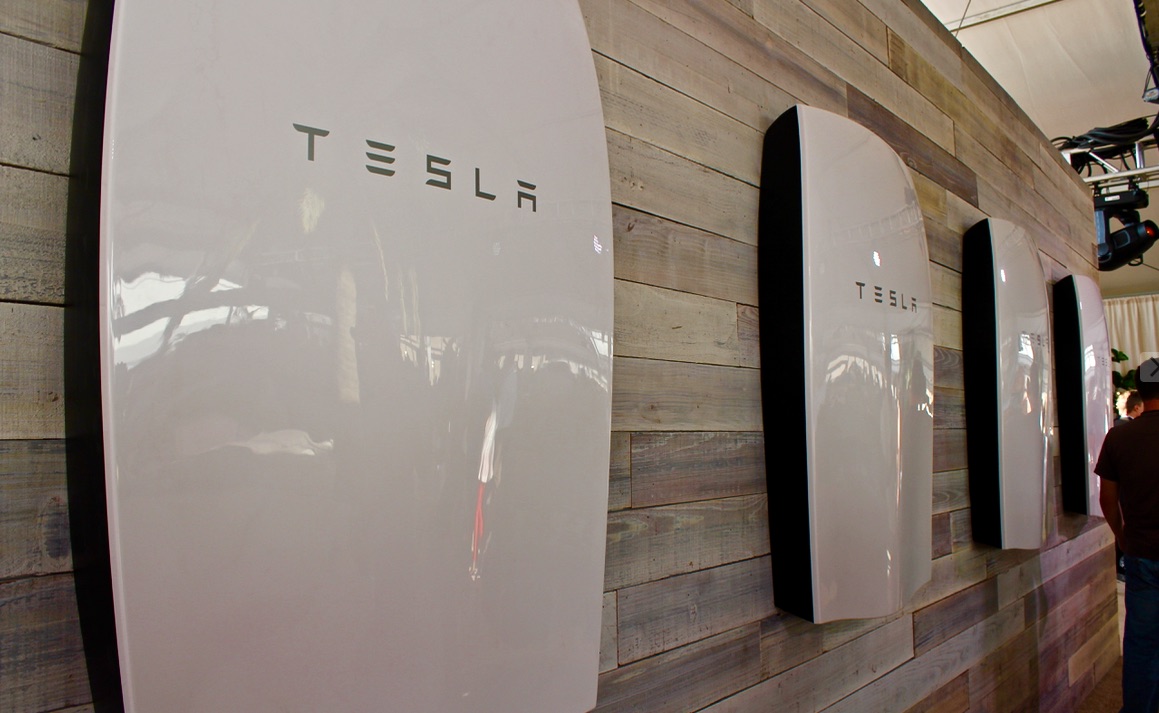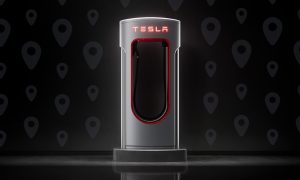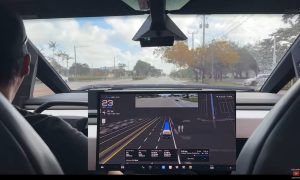Eneco, a utility company in the Netherlands, wants to use several hundred Tesla Powerwall batteries to create a “virtual power plant” and they are willing to pay customers to participate. The idea is simple. If Eneco can tap into just 30% of the storage capacity of hundreds of Powerwalls, it can avoid calling on fossil fueled generating plants to balance fluctuating demand for electricity.
Often, demand spikes are met by so called “peaker plants,” which remain idle most of the day until extra generating capacity is called for. Starting them up and shutting them down cost utilities lots of money. Far worse, however, the carbon emission created during start-up are often several times higher than they are once the facility is running and temperatures stabilize.
The program is called CrowdNett. To get people to participate, Eneco — in cooperation with Tesla, inverter supplier SolarEdge, and Swiss software company Ampard — is offering homeowners who already have rooftop solar systems installed a Powerwall system at a discounted price — €4,900 instead of the regular price of €7,000. Customers will also be paid €450 a year for a minimum of 5 years if they permit CrowdNett to “borrow” up to 30% of the battery’s capacity when needed. Eneco says customers will “barely notice” the loss of storage capacity under normal circumstances.
Dirk-Jan Middelkoop, manager for innovation at Eneco, says, “We invest substantially in renewable energy, and, at the same time, work on developing smart solutions for when there is no wind or for unexpectedly sunny days. Home batteries already form a part of these solutions, but using these batteries for grid balancing purposes offers even more advantages.
“Grid operators will be able to replace backup capacity provided by physical power plants by capacity provided by a ‘virtual power plant’. Home battery owners, on the other hand, will not only receive compensation, but will also contribute to increasing the sustainability of our energy supply. This results in the world’s best and most sustainable business case for home batteries.”
Eneco hopes to convince 400 homeowners to participate in CrowdNett. That shouldn’t be difficult. The Netherlands already has 400,000 rooftop solar systems installed.











